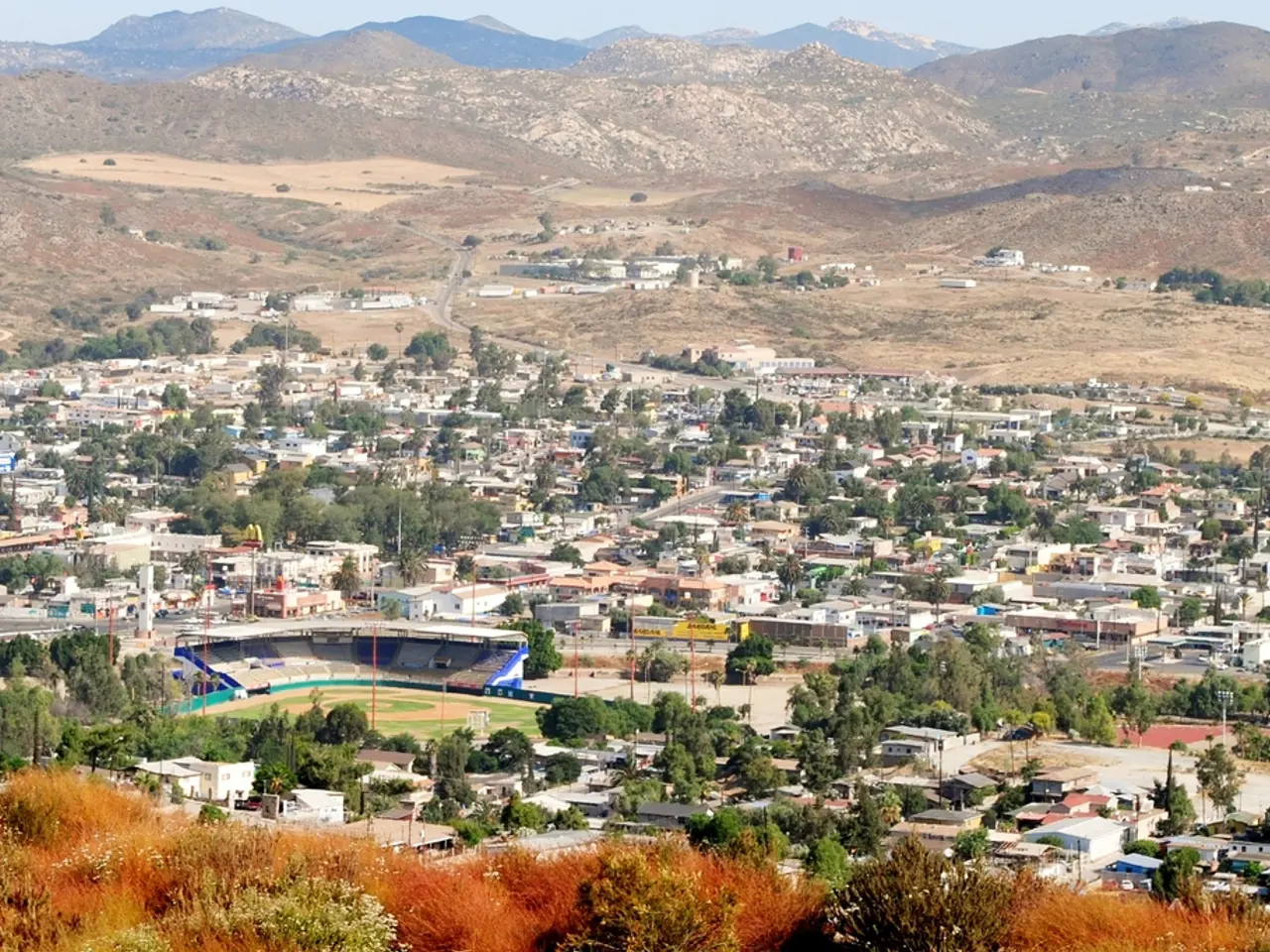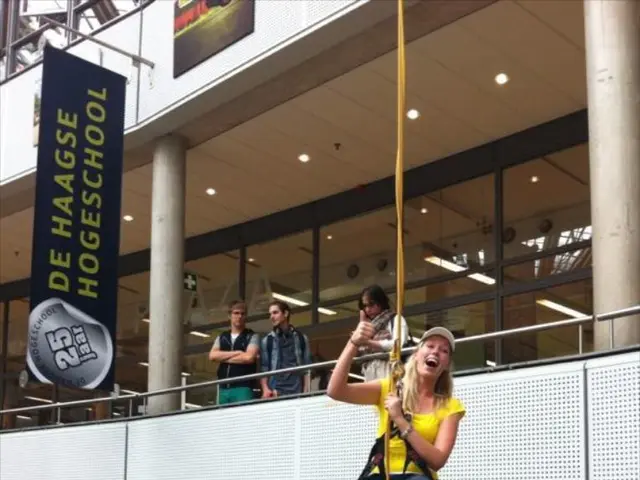AfD Surges Among Migrant Communities in North Rhine-Westphalia Elections
The Alternative for Germany (AfD) party has seen a surge in support in recent local elections in North Rhine-Westphalia, particularly in the Ruhr area cities. The party has also made inroads among migrant communities, challenging traditional party strongholds.
In the Ruhr area, the AfD has secured second or even first place in several cities. Among late repatriates, the party leads with 31%, more than double the support for the Union party at 25%. The AfD's support extends to those with Polish descent and late repatriates, with 33% and 31% respectively, placing it in the top position.
The AfD's success among migrant groups varies. Among those with Turkish descent, the party has 8% support, tied with the Greens, and is in fifth position. Russians surveyed fall in the middle range of support for the AfD. The study attributes these differing levels of support to varying political views on immigration. The AfD is no longer just an eastern phenomenon and is increasingly establishing itself in the west and among parts of the migrant population.
Among Turkish Germans, the SPD remains in the lead with 35%, while the AfD has 8% support, tied with the Greens. The Union has significantly lost support among Polish and Russian descendants, with the AfD now leading among Polish descendants (33%) and Russians supporting the SPD (43%). A study by the Konrad Adenauer Foundation confirms the AfD's increasing support among people with a migration background in Germany.
The AfD's success in recent elections in North Rhine-Westphalia, particularly among migrant communities, signals a shift in the party's support base. The party's increasing appeal to marginalized communities and those with differing views on immigration could reshape the political landscape in Germany.
Read also:
- Decline Overtaking Medical Assistance in Marzahn-Hellersdorf
- Festival spanning two days in Bamberg potentially featuring a notable attendee?
- Musical production of "Emil and the Detectives" relocates to Honsolgen
- Family United by Khaleej Times: Indian Family Celebrates Their Second Year of Reunited Life in Dubai






